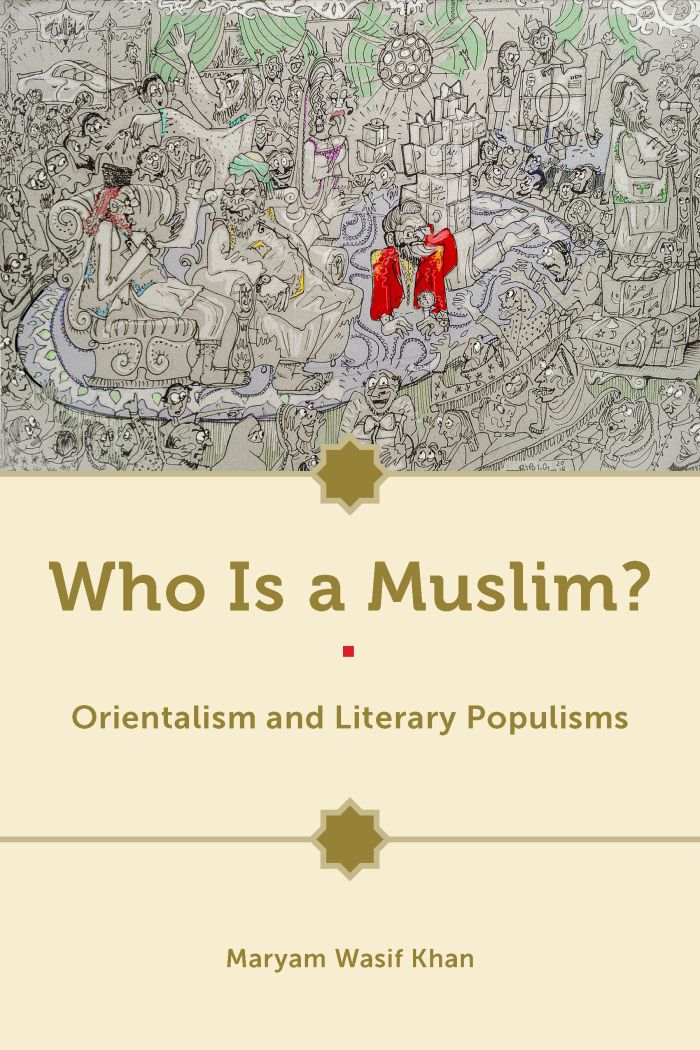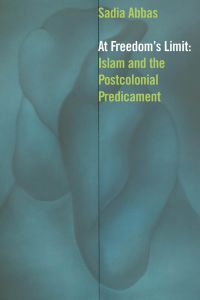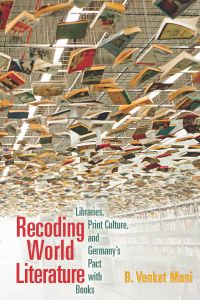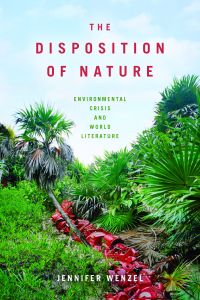Who Is a Muslim?
Orientalism and Literary Populisms

This book can be opened with

Who Is a Muslim? is a pioneering contribution to Urdu scholarship. It is going to rewrite the field of Urdu studies, overturning commonly held assertions and forcefully arguing for new readings of canonical texts. The book will spark manifold conversations for a long time.—Jennifer Dubrow, University of Washington
As scholars of world literature reckon with the colonial legacies of philology and Orientalism, Khan’s Who Is a Muslim? provides an important critical history anchored in South Asian sources that sheds light on crucial questions regarding nation, language, and religion. Across its five chapters, it weaves together insightful engagements with literary form, narrative structure, and the emergence of modern social imaginaries. I can think of few books that offer such a rich account with such resonant implications for our field.—Michael Allan, University of Oregon
[A] beautifully written, fastidiously researched, and well-argued literary history...—Journal of Urdu Studies
Note on Transliteration | ix
Introduction: Who Is a Muslim? | 1
1 Mahometan/Muslim: The Chronotope of the Oriental Tale | 21
2 Hindustani/Urdu: The Oriental Tale in the Colony | 53
3 Nation/Qaum: The “Musalmans” of India | 87
4 Martyr/Mujāhid: Muslim Origins and the Modern Urdu Novel | 126
5 Modern/Mecca: Populist Piety in the Contemporary Urdu Novel | 165
Epilogue: Us, People / People Like Us: Fehmida Riaz and a Secular Subjectivity in Urdu | 209
Acknowledgments | 221
Notes | 225
Index | 255




